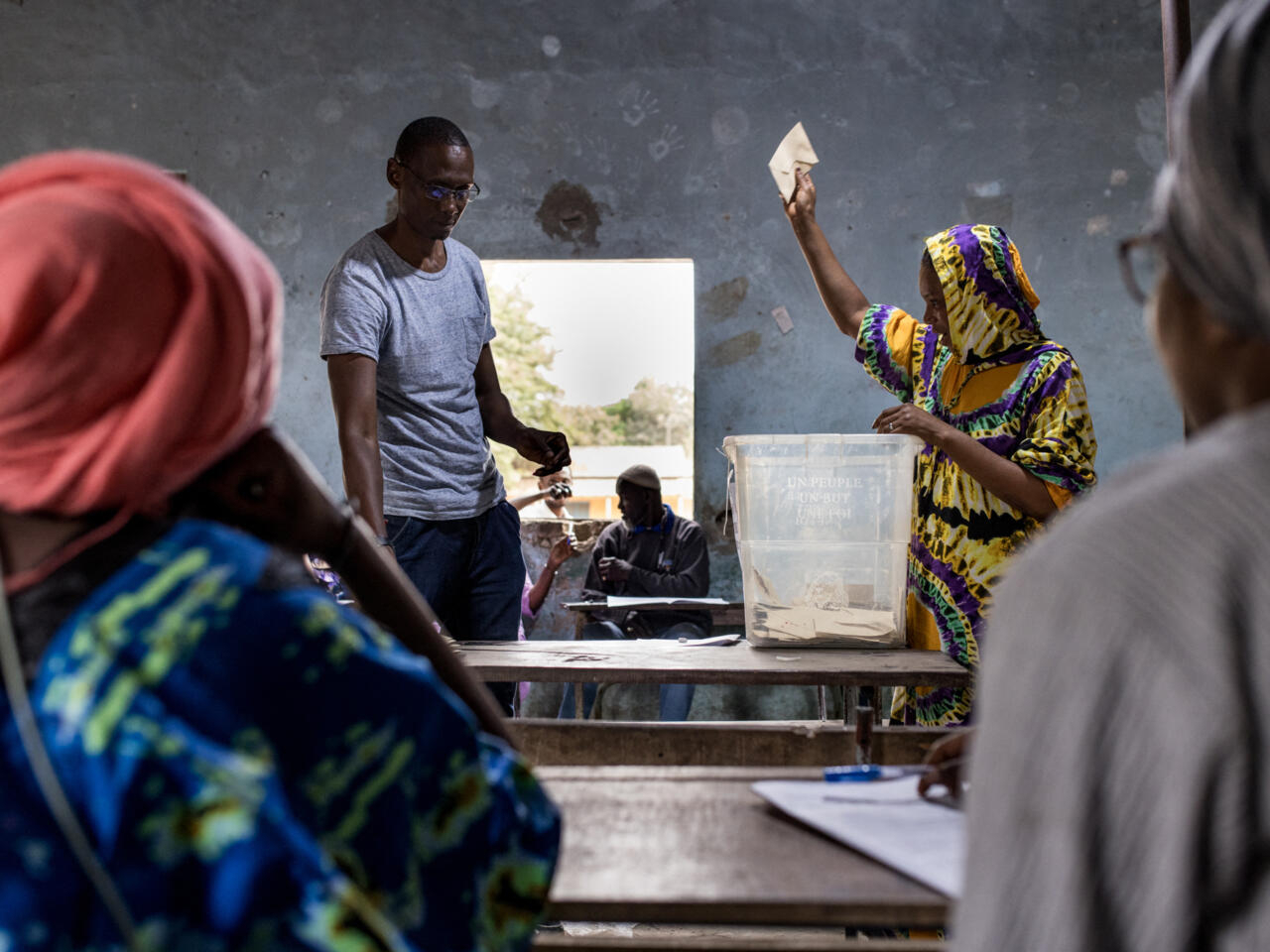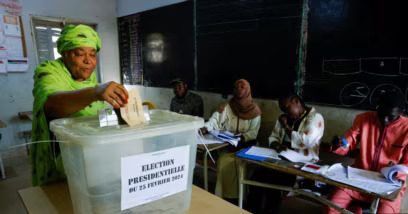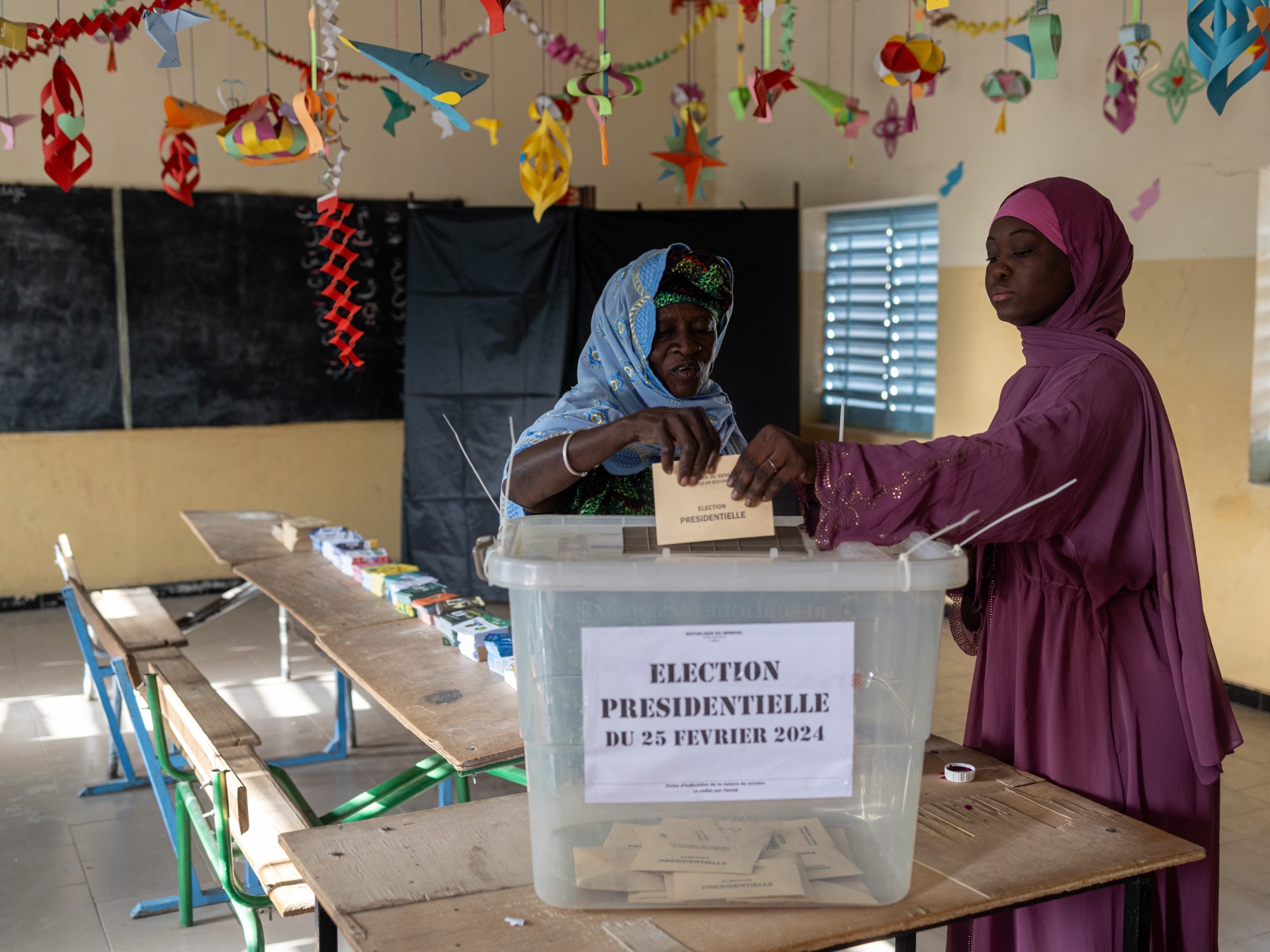Vote counting is currently underway in Senegal following a postponed presidential election anticipated to usher in change after a period of political turmoil marked by violent anti-government demonstrations and increased support for the opposition.
Over seven million out of Senegal’s population of over 17 million were eligible to vote in Sunday’s election.
Nineteen candidates are competing to succeed President Macky Sall, who is stepping down after a second term overshadowed by unrest over the prosecution of opposition leader Ousmane Sonko and concerns about Sall’s alleged desire to extend his rule beyond the constitutional limit.
For the first time in Senegal’s history, the incumbent president was not on the ballot. The ruling coalition has endorsed former prime minister Amadou Ba, 62, as its nominee.

Vote Counting in Senegal for Presidential Election (Credits: France 24)
Sonko, who was recently released from jail, was disqualified from running due to a defamation conviction. He is throwing his support behind Bassirou Diomaye Faye, co-founder of his now-dissolved PASTEF party, who was also detained nearly a year ago on various charges.
An amnesty law passed this month paved the way for their release shortly before the election.
Campaigning under the slogan “Diomaye is Sonko,” they have rallied alongside other contenders such as Dakar’s former Mayor Khalifa Sall, veteran politician Idrissa Seck, former Prime Minister Mahammed Boun Abdallah Dionne, close ally of President Sall Aly Ngouille Ndiaye, and entrepreneur Anta Babacar Ngom, the sole female candidate in the race.
To avoid a runoff election, a candidate must secure more than 50 percent of the vote. While official results are expected next week, candidates traditionally announce their predictions on the same night as the vote.
Describing the atmosphere in Dakar, Al Jazeera’s Nicolas Haque termed it an “unusual” election, combining anticipation, fear, and excitement, particularly among young first-time voters.
Voters queued outside polling stations across Dakar on Sunday. Elite police forces patrolled the city in armored vehicles, verifying voters’ credentials.
Expressing her satisfaction, voter Thiaba Camara Sy from Demain Senegal (Tomorrow Senegal) stated, “This is something that we have won because the risk was high of the election being delayed until who knows when, so I’ve been queuing for two hours but I’m happy.”

Vote Counting in Senegal for Presidential Election (Credits: VOA News)
Fisherman Alioune Samba, 66, echoed the sentiment, stating he was voting for the change everyone desires, citing the high cost of living and the need for better education.
Khodia Ndiayes, a 52-year-old cook, revealed she chose Faye on the ballot to support Sonko’s cause, emphasizing the need for a new president amidst economic challenges.
Haq observed a significant turnout, particularly among young men and women, underscoring the importance of female voters in Senegal.
After casting his vote, Ba urged for peace and expressed confidence in his chances of winning. Analysts anticipate most of Sonko’s supporters to vote for Faye, highlighting the choice between continuity and change in this election.
The election is framed around opposing economic policies, with President Sall’s camp favoring economic liberalization, while the opposition aims to introduce a new currency and renegotiate contracts with oil and gas companies to address socio-economic disparities.
Unemployment remains a central concern, particularly among youth, with promises from the opposition to create more job opportunities through renegotiating energy contracts to maximize revenue.
Despite economic frustrations, the voting process has been relatively peaceful, with hundreds of election observers monitoring fairness. Malin Bjork from the EU election observer mission described the process as calm and serene.
The Aar Sunu Election (Protect Our Election) group expressed satisfaction at the successful conduct of the election, considering it a victory for Senegalese democracy after the initial cancellation announcement sparked public outcry.
The election signifies a pivotal moment for Senegal, with citizens exercising their democratic right to determine the country’s future direction.























